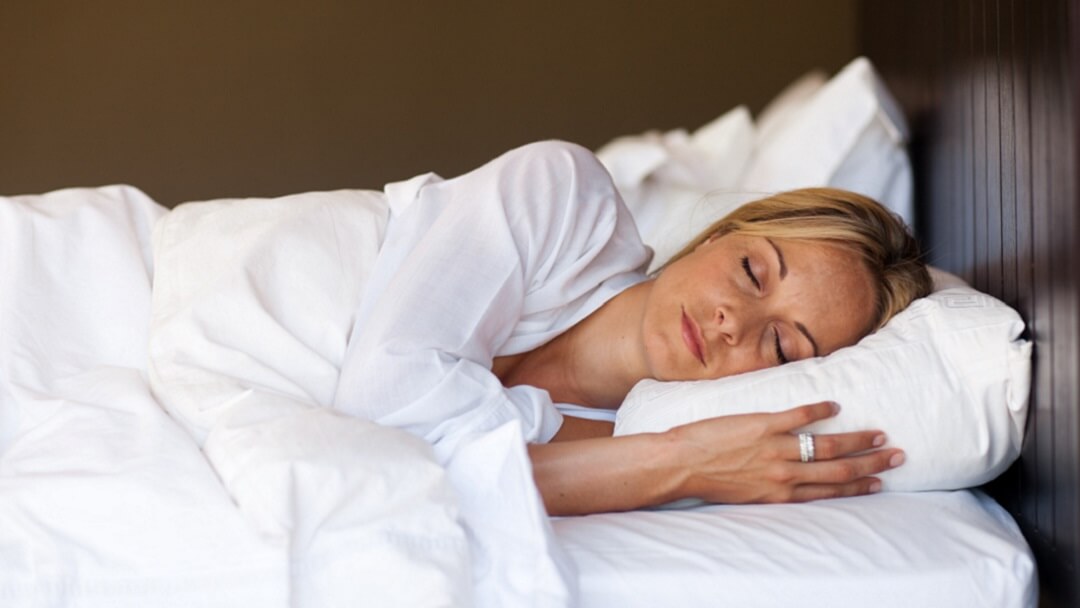Chances are you have heard of mouthguards, especially when it comes to your favorite athletes. From young children to professionals, athletes wear mouthguards to protect their teeth from physical contact during a practice or game. However, athletic mouthguards are not the only mouthguards available. Other mouthguards can help protect against bruxism or teeth grinding, as well as sleep apnea and snoring. While the idea behind these mouthguards is the same, not every mouthguard is made the same, but the dental team at Soundview Family Dental can help you determine which mouthguard works best for you and fits your needs.
Key Takeaways
- Night guards are worn at night to protect teeth from grinding, sleep apnea, and snoring.
- Custom-fit night guards are recommended for best results.
- Night guards can help treat bruxism, sleep apnea, and snoring.
- Discomfort and adjustment may be expected initially, but wearing the night guard consistently can lead to symptom relief.
- Poor-fitting mouthguards can cause pain and discomfort, so custom-fit night guards are recommended for regular use.
What is a night guard?
Unlike mouthguards for athletes, night guards are worn at night while you sleep. These guards are designed to protect the surface of your teeth from grinding. Others help those with mild sleep apnea or regular snoring. Together with your dentist, you can determine which type of night guard you need and how to best choose a night guard.
Benefits of a night guard
All mouthguards are designed to provide protection. What they protect or prevent depends on the type of guard and what you are looking to treat. A closer look at the various conditions you can treat with night guards will help you better understand the difference.
1. Bruxism
Bruxism is a sleep-related movement disorder that causes you to grind your teeth when you sleep. Most people are not even aware they do this. Grinding your teeth at night may result in waking up with jaw pain, sore gums, or tooth sensitivity. In extreme cases, you can suffer with severe headaches when you wake up. Unfortunately, this constant grinding also damages your teeth, often resulting in an increased cavity risk. In many cases, it is your dentist that sees this damage and diagnoses bruxism.
Wearing a night guard while you sleep helps to keep your bottom and top teeth from contacting each other and reduces the pressure grinding places on the surface of your teeth. While over-the-counter stock night guards, as well as boil-and-bite guards that semi-form to your bite are available, the best treatment option for bruxism is a custom fit night guard made by your dental team. This helps ensure the guard protects the teeth that have suffered the most damage and reduce your risk of cavities or further dental damage.
2. Sleep apnea
Sleep apnea is a potentially life-threatening sleep disorder that disrupts breathing during sleep. This disruption can prevent the brain from receiving enough oxygen and contributes to an increased risk of heart disease and stroke. In most cases, the lower jaw or tongue shift backwards, blocking off the airway. For moderate to severe cases of sleep apnea, people often need to sleep with a CPAP machine to help regulate airflow and breathing.
For mild cases of sleep apnea, a custom-fit mouthguard is often enough to help regulate your breathing. These night guards work by pushing your lower jaw and tongue forward, helping to ensure your airway stays open and your breathing regulated.
3. Snoring
While you may not think you snore, your partner may say different. While occasional snoring is common, nightly snoring can become an issue, both for yourself and your partner. Snoring is also often an early sign of sleep apnea. If you experience regular snoring, you may also find yourself not feeling like you have slept or feel sluggish during the day. A nightguard can help silence your snoring and help you feel more refreshed when you awaken in the morning. These night guards work in the same way the sleep apnea guards do, moving your lower jaw forward and helping to reduce the soft tissue vibrations that contribute to snoring.
Sleeping with a night guard
While sleeping with a night guard can help your breathing and protect your teeth from damage, it can take some time to adjust. Having something in your mouth while you sleep can feel very strange at first, and you can expect some discomfort.
Why does your new night guard feel uncomfortable?
When you first start wearing a nightguard, you can expect some minor discomfort and irritation as your mouth adjusts to something different. Having a custom-fit nightguard will make this transition easier as it perfectly matches your teeth and mouth. If you are using stock guards or a boil-and-bite guard, you may experience a poor fit that will prolong discomfort and adjustment to wearing a nightguard. A poor fit can lead to pain and pressure sores in your mouth, and, over time, poor-fitting mouthguards can even shift your teeth and jaw, causing more pain and discomfort. Therefore custom-fit night guards are recommended for regular use.
Adjusting to night guards
Adjusting to night guards takes time, and while it might seem difficult and frustrating at times, it is important not to give up. Continue wearing your night guard every night and within a few days, you should find you no longer experience that initial discomfort. If this discomfort continues or gets worse, talk with your dentist and an adjustment may be necessary.
Eventually, wearing your night guard will become normal. You will see previous symptoms like morning headaches and jaw pain disappear. Going a night without your night guard will seem unnatural and you will see symptoms return once again.
Is it safe to sleep with a night guard?
Sleeping with a night guard is safe and provides many different benefits for both your teeth and your health in general. Unfortunately, though, not all night guards are made the same or provide the best benefits. Having one fitted for your bite is essential for the best benefits. To find out how night guards can make a difference in your life, contact Soundview Family Dental today at (425) 563-6360 or visit us online to schedule an appointment.


